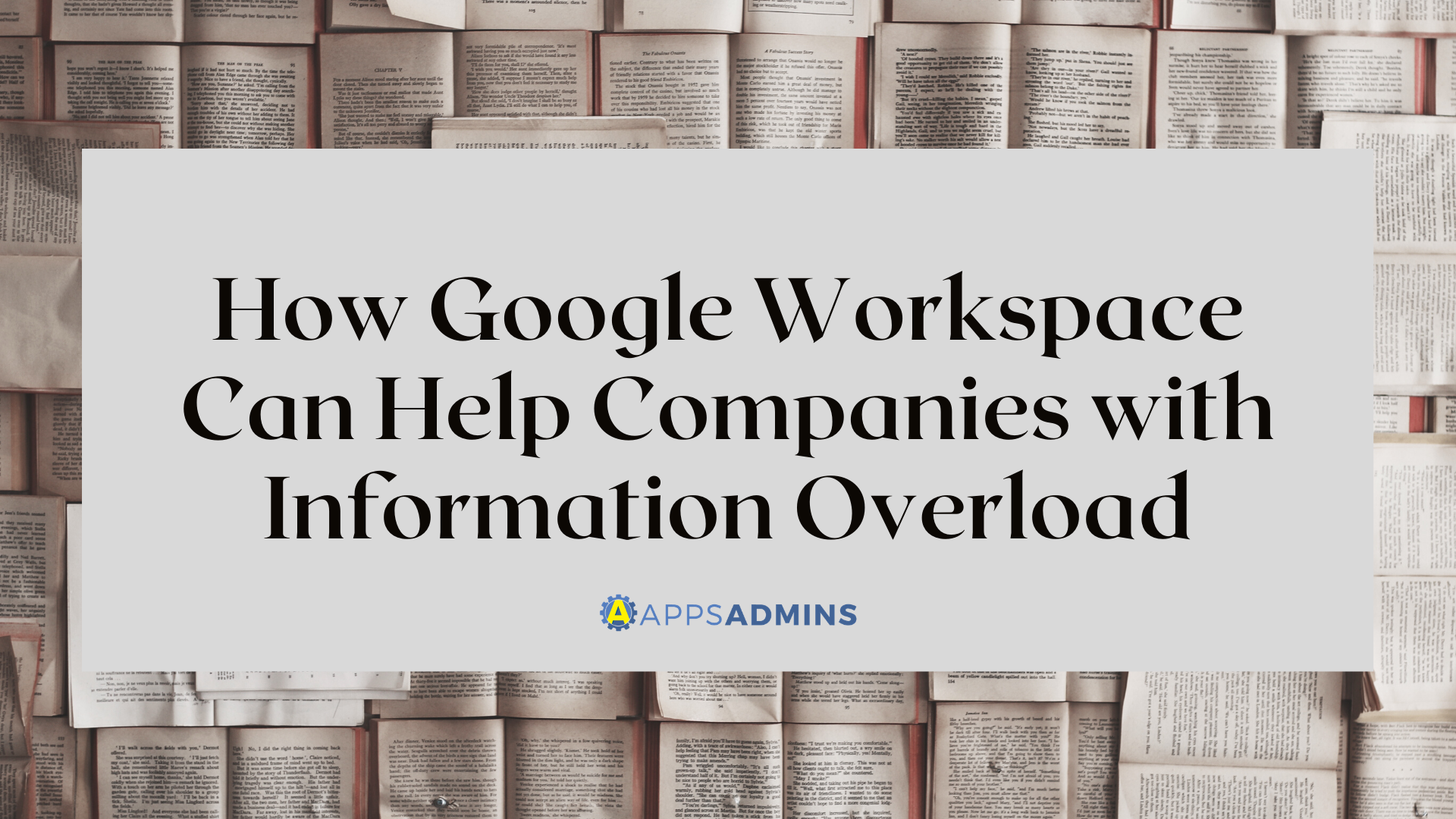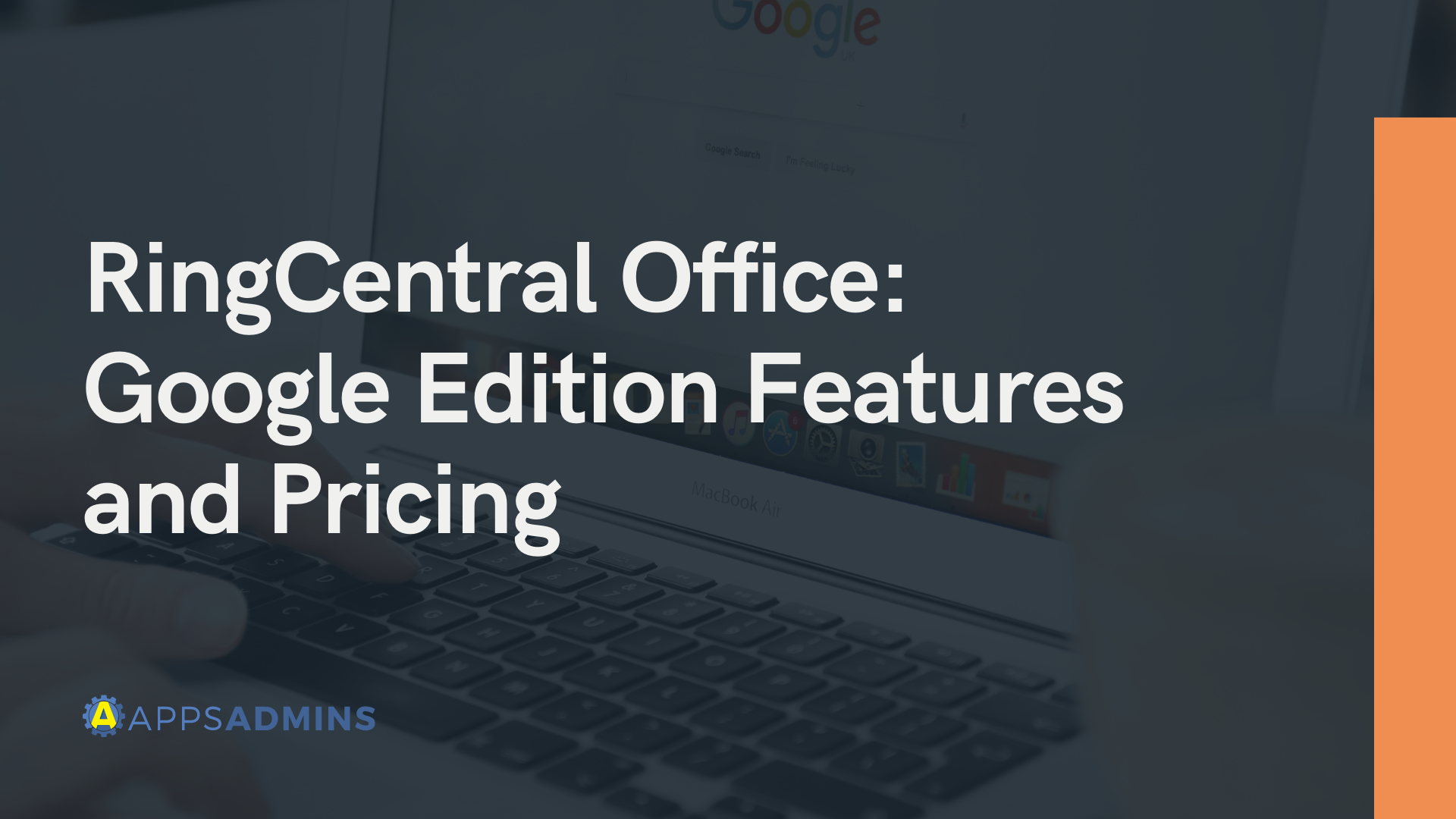G Suite Business Free for 30 Days
Sign up for a Free 30 Day Trial of G Suite Business and get Free Admin support from Google Certified Deployment Specialists. No Credit Card Required.

 The PBX (Private Branch Exchange) phone system is a time-honored tradition in the business world. There are obvious benefits of PBX phone systems, but people often forget to discuss the downsides of these systems, especially old ones in need of upgrades. A new PBX system can cost tens of thousands of dollars- unless you need multiple pieces of new hardware to support satellite locations, in which case you can find yourself in the hundreds of thousands.
The PBX (Private Branch Exchange) phone system is a time-honored tradition in the business world. There are obvious benefits of PBX phone systems, but people often forget to discuss the downsides of these systems, especially old ones in need of upgrades. A new PBX system can cost tens of thousands of dollars- unless you need multiple pieces of new hardware to support satellite locations, in which case you can find yourself in the hundreds of thousands.
That's just the cost of upgrading. The costs of actually owning and maintaining these systems can be much higher, especially over a long period of time.
Here are the real costs behind your old PBX system.
-
The requirement of upgrades and maintenance on PBX systems
PBX systems need regular network upgrades. These network upgrades can incur fees in installation and the wiring being laid out, in addition to the personnel needed to train employees on new systems. PBX systems also have licensing and installation fees, and once you start adding these costs together, it becomes fairly significant.
-
A strained IT and Telecom budget
The IT budget can become strained under the weight of PBX systems. You need bonded T1s, PRIs and other trunk lines in order to facillate connection between the PBX system in your building and the local telephone lines. This can be costly for the IT guys, especially since it's basically required that you overprovision phone lines (for situations of heavy load, which you will have) and pay for them, even if they aren't being used.
-
Charges incurred by video conferencing and other third-party services
It's the 21st century, so there's more to telecommunications than just telephones. Conferencing calling, video conferencing, web meetings, eFax and other services are sold by third-party vendors who can charge as exorbantly as they please. A lot of these services are charged per-minute, too, which can make measuring the amount you'll be paying difficult.
-
The cost of connecting locations by Phone Extension
A lot of businesses don't run out of lone islands in the city. If you have multiple locations, you're going to want to connect them, but business exchange lines can be very expensive. Not only do they need to be able to handle communications that are high in bandwidth (and in importance), but if different locations are using different PBX and IT solutions, connecting them can quickly become a nightmare in its own right.
-
Variable pricing and feature availability of Traditional Phone Carriers
Usually, you'll be negotiating with a vendor on how much you're paying for PBX services on your premises. By nature, this means that the pricing you're receiving isn't actually reliable- and if you deal with these people again in the future, you may find yourself better or worse off than you expected. This can be especially bad if you're operating on a tight budget that can't handle high variability.
However, cloud solutions like RingCentral Office are sold at an upfront price that includes all of the features you need. With these solutions, you'll also be on the cutting-edge of tech, enjoying the latest innovations in the cloud as they are made.
More Information
As you may have gauged already, cloud phone solutions are much more effective in terms of budget (and features!) in comparison to their PBX brethren. Lower costs and added features can add fringe benefits, too, like increased productivity.
To learn in more detail about the costs of a PBX phone system- as well as the benefits of moving to a cloud-based solution- click here to learn more. Also feel free to contact us if you have any questions, or want to learn more about potential solutions for you and your business.
.jpg?width=818&name=appsadmins-svg-rules-1%20(2).jpg)







